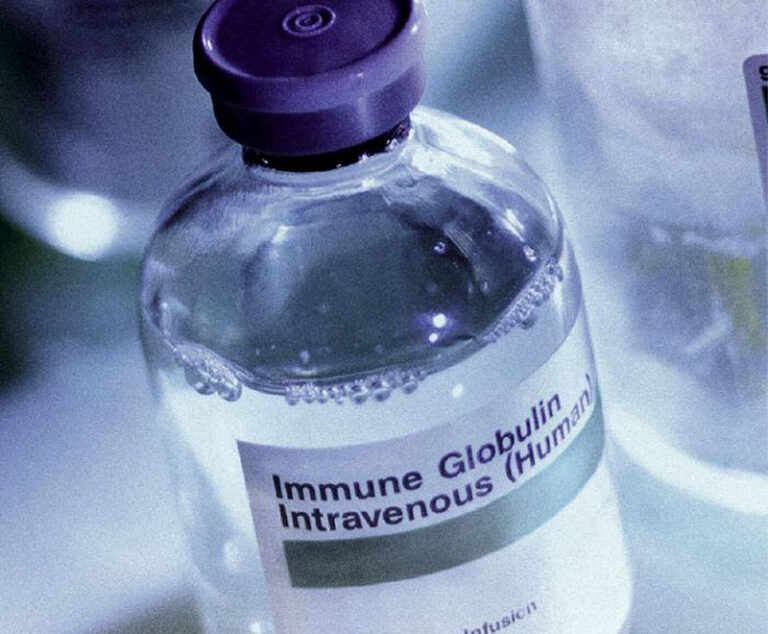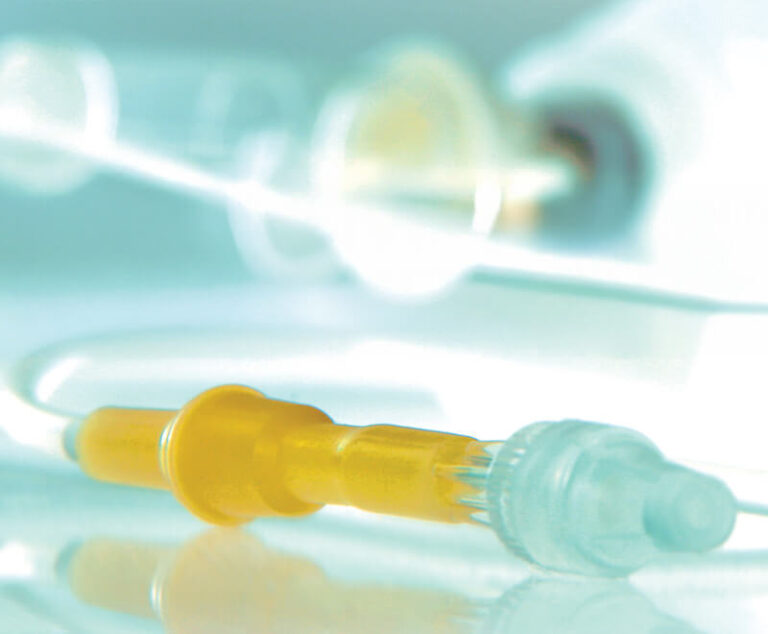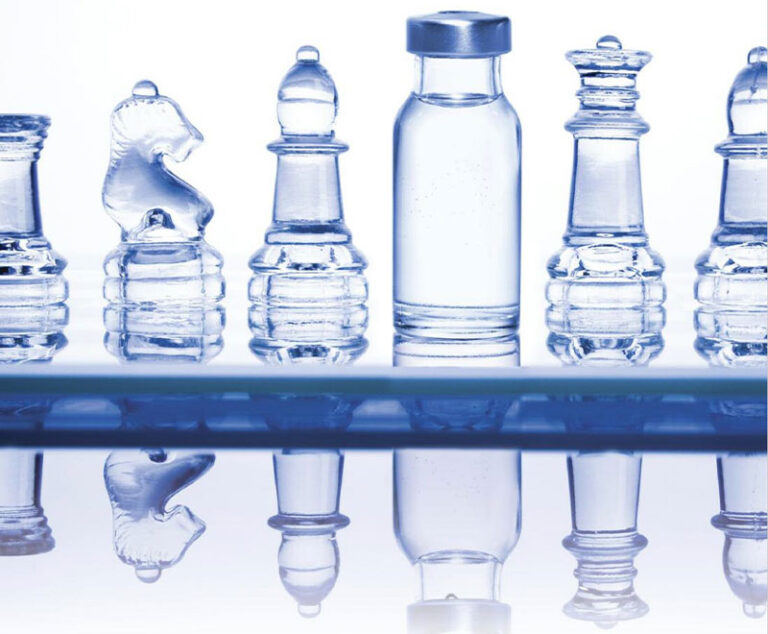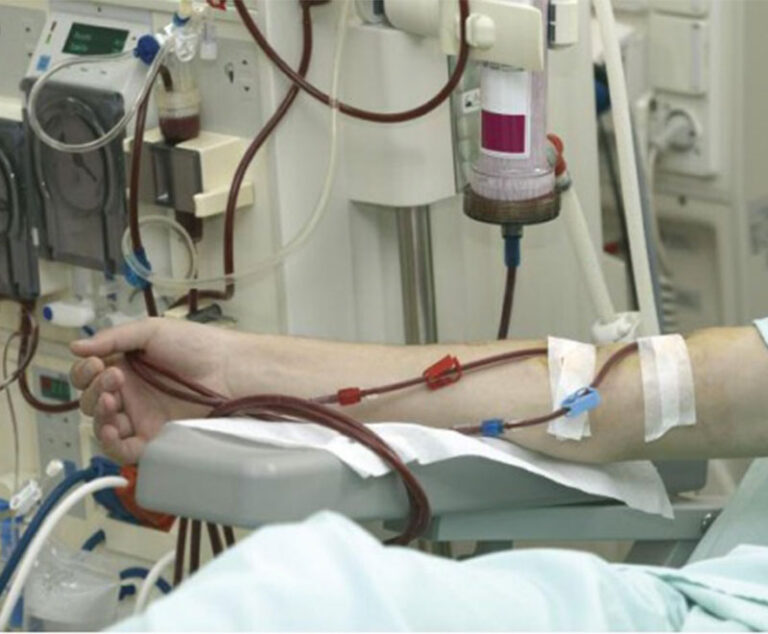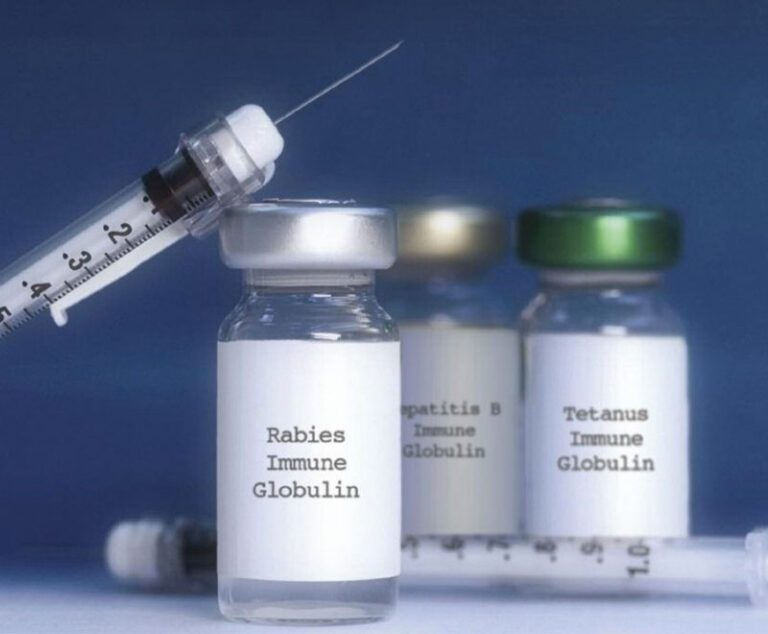Industry Insight
Information, Observation & Analysis
Immune Globulin Articles
Less-common adverse reactions to IG therapy are rare, but they are more severe.
Thirty years after its quiet introduction, unabated global research interest in IVIG reflects just how much remains unknown about its therapeutic potential.
Attention to meeting payer requirements is good for the bottom line.
While all IG products are comparably effective, they also have relevant differences that determine their tolerability by patients.
Billing for reimbursement of this costly, lifesaving therapy can be complicated, but for the sake of the provider and the patient, getting it right the first time can shorten approval time and prevent denials.
When choosing a site of care for immune globulin therapy, each patient’s unique situation needs to be considered.
There is some debate among immunologists as to whetherIG therapy prescribed to treat adults diagnosed with immunedeficiencies should be temporarily halted to determine its necessity.Here, two experts present their sides of the issue.
IG is being successfully studied to treat more diseases than ever before, especially for hematological, neurological and autoimmune conditions.
Studies that examine the relationships between therapeutic doses of IG, trough IgG levels and infection rates shed new light on how IG replacement therapy should be prescribed for individuals.
The use of the less-common hyperimmune globulins is rare, but as three cases describe, they are lifesaving.
While these obscure, life-saving treatments are used to treat vastly different diseases, the common denominator they share is that each is made from plasma with a specialized high-titer antibody that provides short-term passive immunity.

